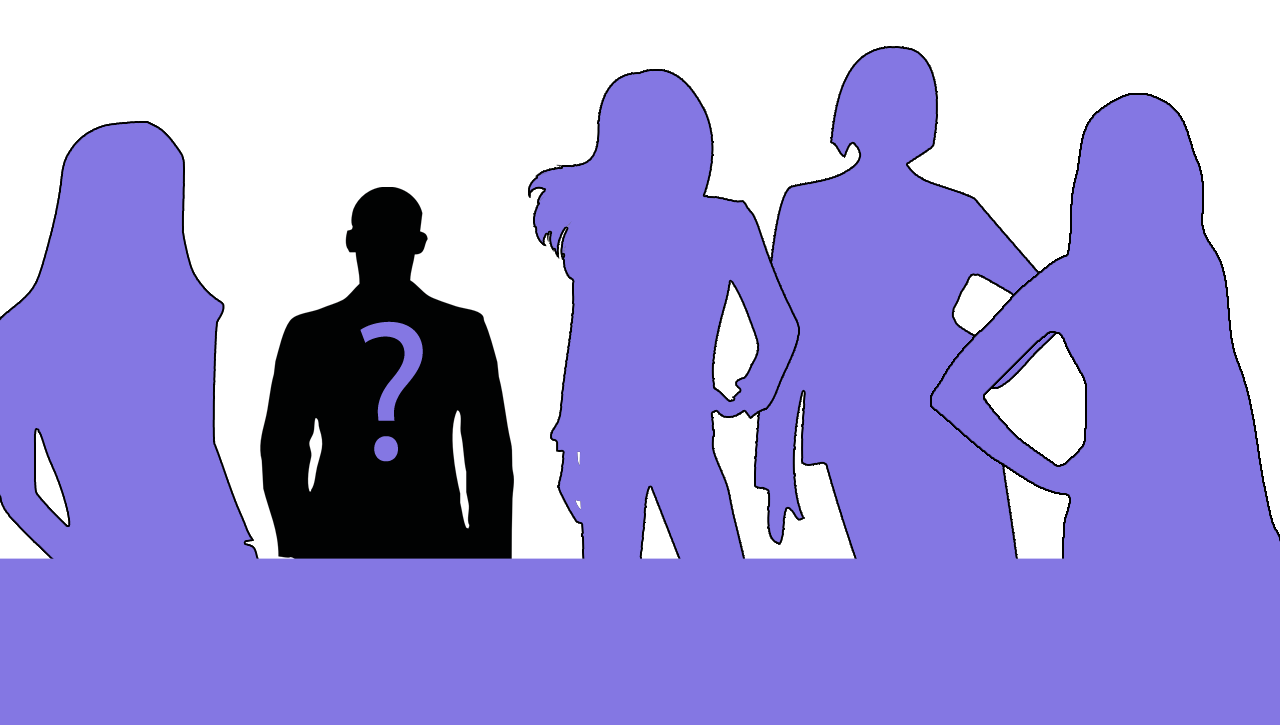What Feminism Lacks: The Male Voice
There’s a misconception nowadays that “feminism” is a movement of butch lesbians and bitter, mistreated women waving signs, yelling angrily and in general making a nuisance of themselves. This idea hurts the true purpose of feminism: raising women to the same standards as men and creating equality between them. It also alienates the allies that women need most: men.
And by men, I’m thinking of the average man on the street. The man who does dishes and laundry even after he’s married, who supports the Violence Against Women Act, cleans the toilets when it’s his turn and watches the occasional rom-com.
Though this type of man does exist, he’s invisible by today’s rhetoric. Today, “men” seem to all fall into the same category as Sen. Todd Akin, one of the militant anti-choice, anti-VAWA, anti-basic-human-rights congressmen blowing smoke in the congressional halls. Remember his claims about legitimate rape?
Perhaps it’s wrong to accuse traditionalists like Akin and his supporters of being anti-women’s rights. As Mitt Romney’s spokeswoman Amanda Henneberg said in response to the failure of the Fair Labor Standards Act of 2012, “Of course Gov. Romney supports pay equity for women.”
She then continued, “In order to have pay equity, women need to have jobs, and they have been getting crushed by this anemic Obama economy.” In other words, bringing down the democratically-elected President takes priority over issues of women’s health, income, and safety.
Sen. Scott Brown agreed that legislation like the FLSA would place burdens on employers, killing jobs. He called the Act “the right cause but the wrong bill.”
So what is the right bill? It wasn’t the Equal Pay Act of 1963, legislation that even President Kennedy admitted was only a “first step.” It wasn’t the Paycheck Fairness Act or the Equal Employment Opportunity Act, because thus far neither has made it through both houses. Again and again, the message is clear: women’s rights aren’t the priority. There’s always something else that’s more important — the student loan rate, the economy — or the legislation just isn’t right.
Who is making these decisions as to what our priorities should be? Who has the power in this situation? It’s not the women protesting in the streets, demanding the rights to which they are entitled as one half of the population. It’s the traditionalists in Congress.
The Civil Rights Act of 1964 — heck, even the abolition of slavery — took the united voices of people both black and white. The right to same-sex marriage is gaining ground today because it has the support of people both gay and straight. The quest for women’s rights is as yet ongoing because of the imbalance of male and female voices.
Self-proclaimed male feminist (and founder of “malefeminists.com”:http://malefeminists.com/) John Brougher says, “Sexism doesn’t just hurt women, it breaks our very humanity.” What, then, is the cost of preserving that humanity? Will male genitalia shrivel up and fall off if a man says he supports equality? Are men afraid they’ll loose their masculinity? What is masculinity, anyway? The idea that you must have big biceps and can’t play tea party with your daughters? The idea that you watch sports and never cry?
In 1961, the Freedom Riders, a collection of white and black college students, faced baseball bats, clubs and chains as they protested the segregated transportation system in the south and sought to bring true freedom to all people, regardless of color. They could have died. Throughout the course of the civil rights movement, many did.
Today, in other countries around the world, men who defend women and women who defend themselves are beaten and killed just as civil rights advocates were. But not in the United States. Here, men can stand in solidarity with women without fear of such drastic reparation. Here, men can be an example to men everywhere. And yet, we cannot hear their voices.
Where are they? Where are our allies?
Sources/Further Reading:
“The Guardian: Todd Akin’s ‘ladylike’ Comment Typifies the GOP’s Problem with Women”:http://www.theguardian.com/commentisfree/2012/sep/28/todd-akin-ladylike-comment-gop
“ACLU: Paycheck Fairness Act: 50th Anniversary of Equal Pay Act 1963”:https://www.aclu.org/paycheck-fairness-act-50th-anniversary-equal-pay-act-1963
“USA Today: Senate GOP Blocks Democrats’ Equal Pay Bill”:http://usatoday30.usatoday.com/news/washington/story/2012-06-05/equal-pay-women-senate-vote/55400316/1
“CNN: I’m a Male Feminist”:http://http://www.cnn.com/2013/10/08/opinion/im-a-male-feminist/












